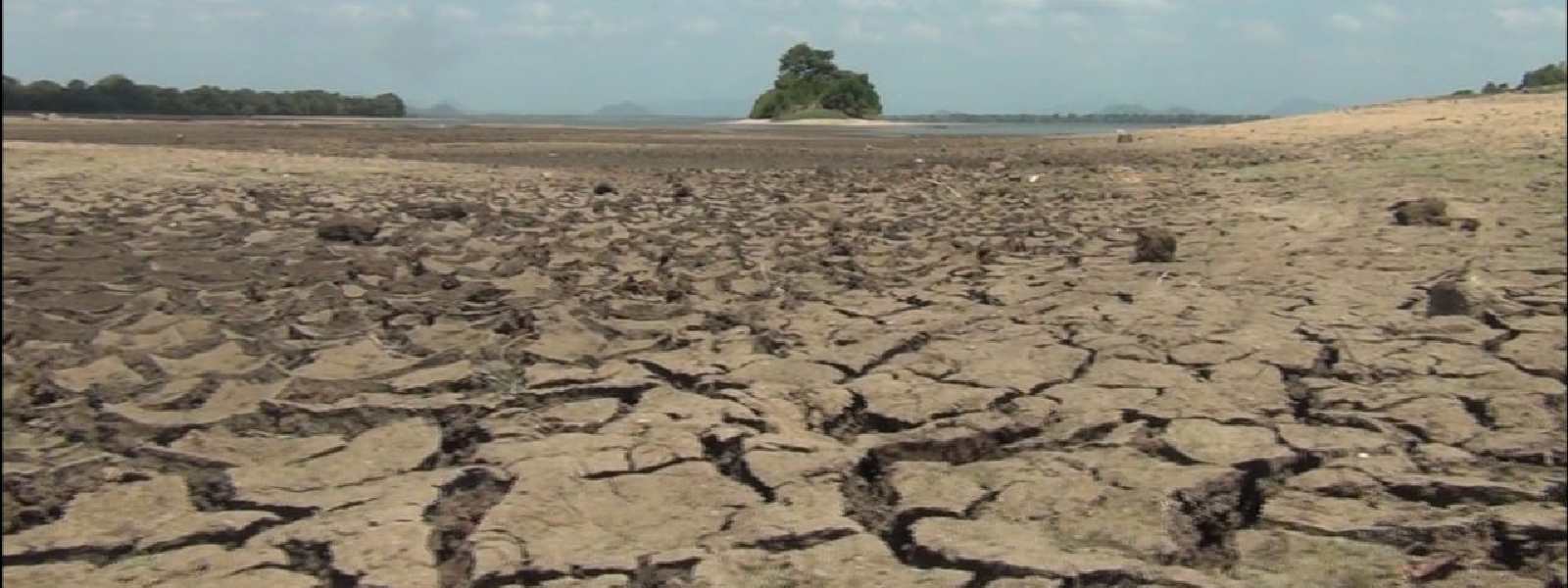.webp)

Rice farmers in Sri Lanka wait for water from reservoir to irrigate fields, as dry spell kicks in
COLOMBO (News 1st); Sri Lanka's Agriculture Ministry said on Monday (7) that if water is provided by Tuesday (8) for the rice fields in the Walawa Zone in the south of the country, around 60% of the rice fields can be saved.
Agriculture Minister Mahinda Amaraweera told News 1st that if that effort fails, there will be no point in providing water at a later date, as the rice fields would have been destroyed by the arid weather conditions by then.
He said that the Cabinet of Ministers will be informed about the situation during Monday's cabinet meeting.
He went on to note that all possible measures have been taken to provide water for the rice fields in the Walawa Zone in the south of the country.
Monday (7) marks Day 15 of the Sathyagraha campaign launched by the rice farmers from the Walawa Zone demanding water for the rice fields that have been drying up due to the lack of water.
Farmers stressed that they would not abandon their cause until their demands are met.
Over 25,000 hectares of rice fields in the Moneragala, Embilipitiya, and Ratnapura Districts receive water from the Udawalawa Reservoir via two waterways, namely the Walawa Left and Right Bank canals.
More than 30,000 families directly depend on the water from the Udawalawa Reservoir.
Sri Lankan authorities reached a decision not to release water from the Samanala Wewa to the Udawalawa Reservoir, citing the need to provide an uninterrupted supply of power to the Southern Province.
The Mahaweli Authority of Sri Lanka said that the country's economy would suffer a loss of over Rs. 30 Billion following the Cabinet decision to prioritize electricity generation, and not to release water from the Samanala Wewa to rice fields.
Deputy Director General of the Mahaweli Authority, Engineer Nilantha Dhanapala speaking to News 1st said that if water is released, at least 60% of the paddy lands can be saved.
The present situation is such that water will likely be unavailable for cultivation, and the generation of electricity.
The Minister of Irrigation speaking to reporters recently, said that water needs to be released for the farmers from the Samanala Wewa, even by sourcing a floating power plant.
However, the issue is that it would be nearly impossible to save the rice fields, even if water is released.
The country's met department has forecast that there would be insufficient rainfall until October this year, and according that forecast it would be impossible to continue to provide electricity to the southern province by generating power from the Samanala Wewa.
Other Articles
Featured News





.png )
-789275_550x300.jpg)
-789269_550x300.jpg)
-789066-789263_550x300.jpg)


-789245_550x300.jpg)

-788581_550x300.jpg)



-785316_550x300.jpg)
















.gif)